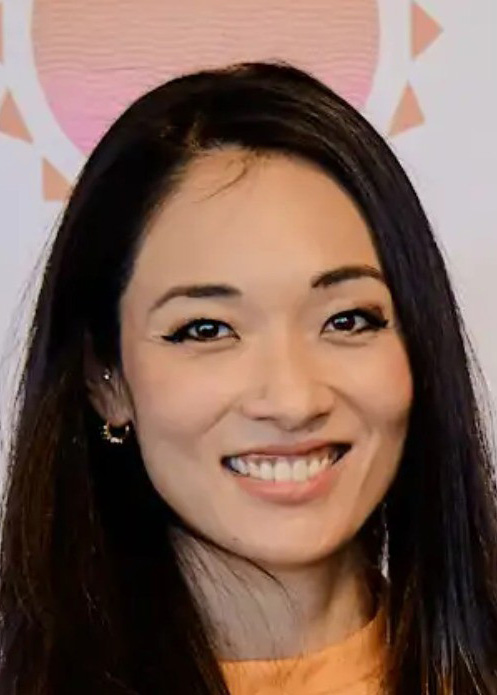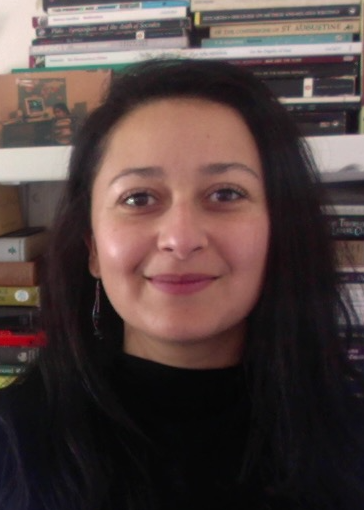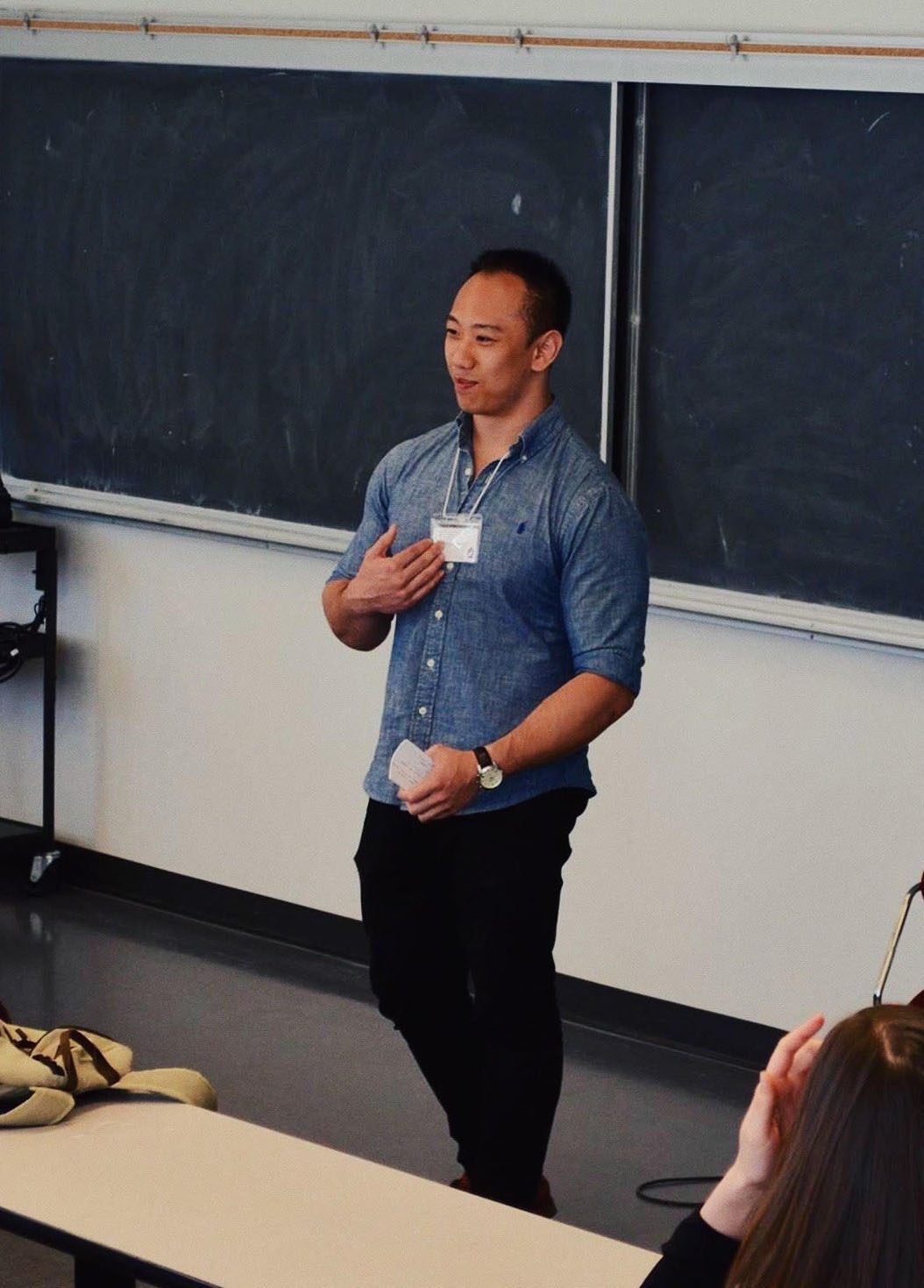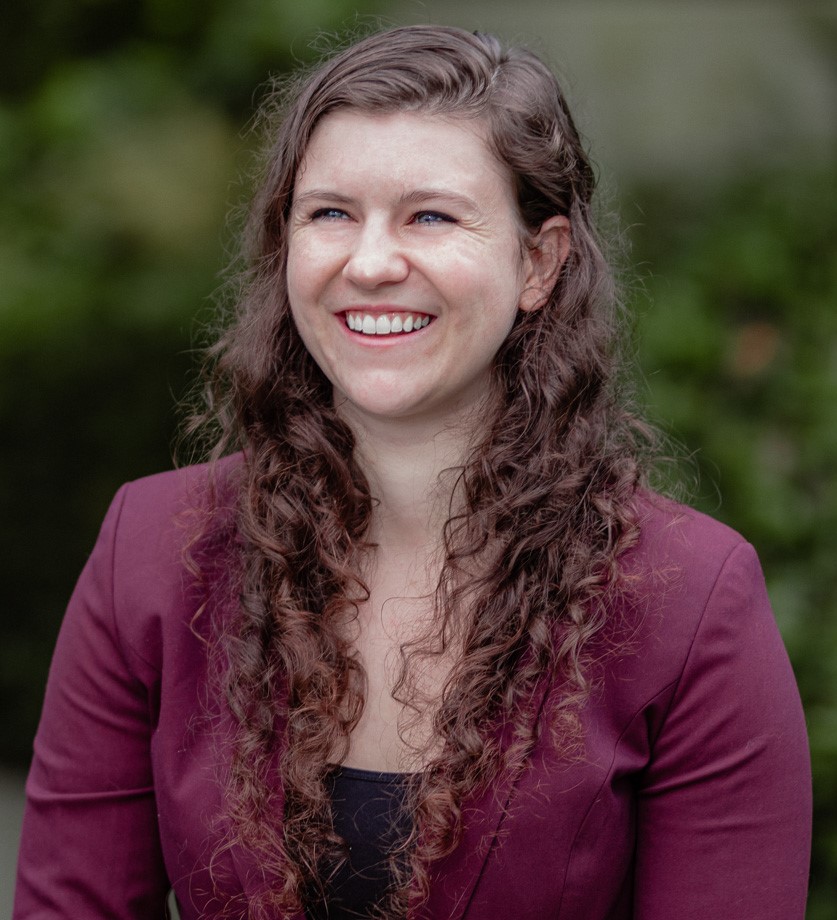Glenn Pangilinan

Why did you choose your program at UBC and what did you enjoy most about it?
I enjoyed the diversity of classes and points of view. I chose Economics because I was interested in the technical aspects of political economy.
What were some of your most meaningful experiences at UBC?
My most meaningful experience were working with new students and helping them transition into life at university.
What choices did you make in your undergrad that contributed to your career success / journey?
I chose my courses carefully so that I was well prepared for the path I wanted to take. This included taking advanced statistics classes which led me to winning the outstanding applied economics prize.
What was your first job after graduation and what other jobs did you have before landing your current position?
I worked as a Market and Operations Analyst for a fin-tech company in London. Before, I interned for consultancies. I decided to move back to Canada and found a role at RBC.
Is your current career path as you originally intended? What challenges did you face in launching your career?
No, my current path was not what I intended. I intended to move to government when I first graduated. However, as I studied during the financial crisis, there was a hiring freeze which meant that I needed to seek work in the private sector. It was difficult to find the right mix of experience in order to work in finance.
What do you like about your current job and what do you find challenging? How does it relate to your degree?
My current job does not relate to my degree as it is about how to run the operations of a new product/company. However, I find the challenges of working with the team, creating buy-in from co-workers and determining the best way to transition between different processes interesting.
From your experience, what has been the value of having an Arts degree?
With technology companies, unless you are working with specific programming/dev positions, you need to be flexible and have the ability to adapt to new environment and roles. This includes working in startups and taking up role you did not originally intend. Having an arts degree allows you to be more flexible as you have exposure to different issues that a highly specialized degree may not have, including working across different cultures, determining processes and running teams globally. This involves connecting disparate aspects together and making them work for the company.
What advice would you give to students and alumni interested in breaking into your industry?
In finance, especially for Arts students, it is helpful to get internships while still at university. Finance wasn’t really given as an option when I first graduated, but I found a lot of banks are interested in economics students, more than they are with finance students. Especially, if you have a strong background in statistics and economics, banks usually prefer economics students as they are more aware of the economic dynamics, and can therefore adapt models to suit needs.
What advice would you give your graduating self?
Take more programming and computer science classes to diversify your skills.
Glenn Pangilinan



Why did you choose your program at UBC and what did you enjoy most about it?
I enjoyed the diversity of classes and points of view. I chose Economics because I was interested in the technical aspects of political economy.
What were some of your most meaningful experiences at UBC?
My most meaningful experience were working with new students and helping them transition into life at university.
What choices did you make in your undergrad that contributed to your career success / journey?
I chose my courses carefully so that I was well prepared for the path I wanted to take. This included taking advanced statistics classes which led me to winning the outstanding applied economics prize.
What was your first job after graduation and what other jobs did you have before landing your current position?
I worked as a Market and Operations Analyst for a fin-tech company in London. Before, I interned for consultancies. I decided to move back to Canada and found a role at RBC.
Is your current career path as you originally intended? What challenges did you face in launching your career?
No, my current path was not what I intended. I intended to move to government when I first graduated. However, as I studied during the financial crisis, there was a hiring freeze which meant that I needed to seek work in the private sector. It was difficult to find the right mix of experience in order to work in finance.
What do you like about your current job and what do you find challenging? How does it relate to your degree?
My current job does not relate to my degree as it is about how to run the operations of a new product/company. However, I find the challenges of working with the team, creating buy-in from co-workers and determining the best way to transition between different processes interesting.
From your experience, what has been the value of having an Arts degree?
With technology companies, unless you are working with specific programming/dev positions, you need to be flexible and have the ability to adapt to new environment and roles. This includes working in startups and taking up role you did not originally intend. Having an arts degree allows you to be more flexible as you have exposure to different issues that a highly specialized degree may not have, including working across different cultures, determining processes and running teams globally. This involves connecting disparate aspects together and making them work for the company.
What advice would you give to students and alumni interested in breaking into your industry?
In finance, especially for Arts students, it is helpful to get internships while still at university. Finance wasn’t really given as an option when I first graduated, but I found a lot of banks are interested in economics students, more than they are with finance students. Especially, if you have a strong background in statistics and economics, banks usually prefer economics students as they are more aware of the economic dynamics, and can therefore adapt models to suit needs.
What advice would you give your graduating self?
Take more programming and computer science classes to diversify your skills.



